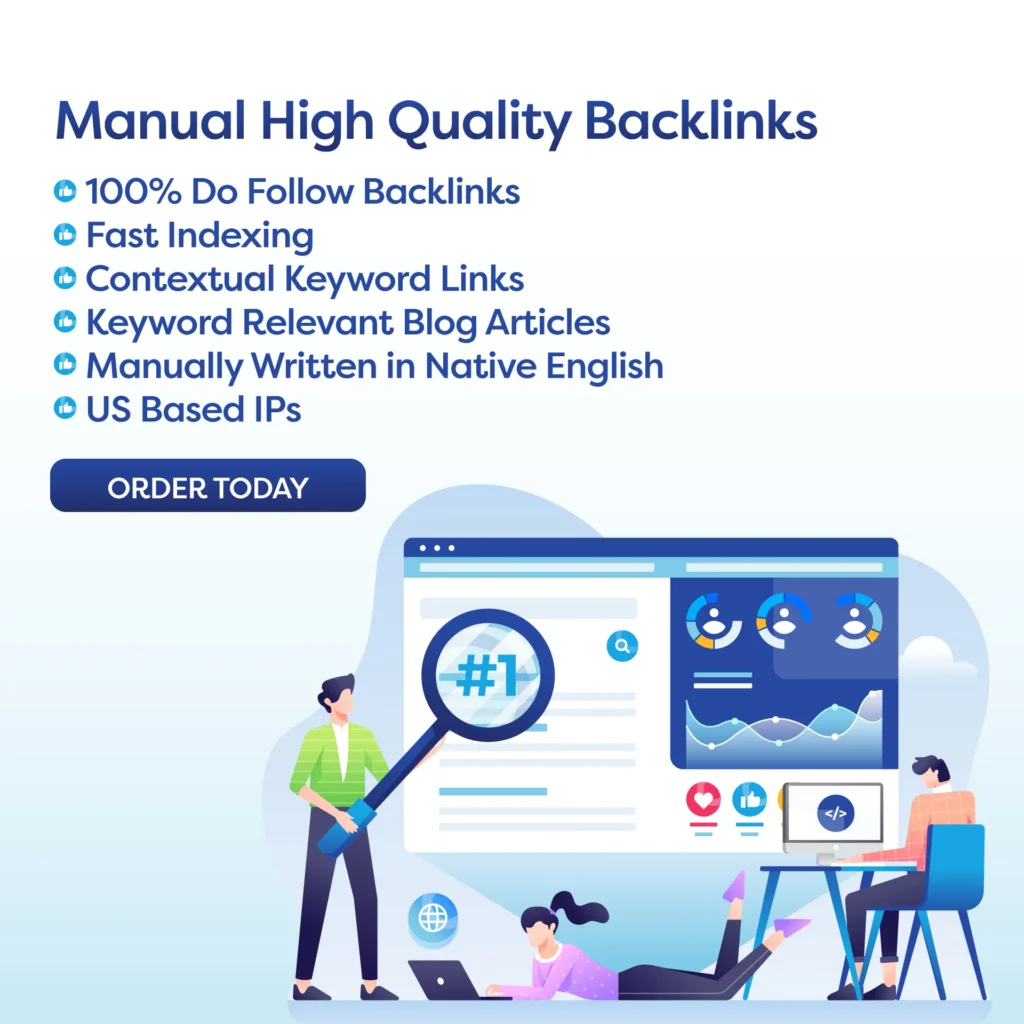Backlink Analysis for Small Businesses
In the world of digital marketing, backlinks play a crucial role in improving a website’s search engine ranking. Backlinks, also known as inbound links, are links from other websites that lead to your website. They are essentially votes of confidence from other websites, indicating to search engines that your website is a credible source of information. Therefore, it is essential for small businesses to understand the importance of backlinks and how to analyze them to improve their SEO strategy.
Why are backlinks important for small businesses?
Backlinks are an important factor in search engine algorithms, and they can significantly impact a website’s visibility and ranking. When search engines, such as Google, see that a website has a high number of quality backlinks, they consider it to be a valuable and trustworthy source of information. This can lead to higher search engine rankings, more organic traffic, and ultimately, more potential customers for small businesses.
How to analyze backlinks?
Backlink analysis involves examining the links that point to your website. This process can help you identify the quality and quantity of backlinks, as well as any potential issues that may be affecting your website’s search engine ranking. Here are some steps to follow when analyzing backlinks:
1. Use a backlink analysis tool
There are several online tools available that can help you analyze your backlinks. These tools provide detailed reports on the number of backlinks, their quality, and the websites they are coming from. Some popular tools include Ahrefs, SEMrush, and Moz’s Link Explorer.
2. Check the quality of backlinks
Not all backlinks are created equal. Some backlinks may come from low-quality or spammy websites, which can actually harm your website’s search engine ranking. When analyzing backlinks, it is crucial to check the quality of the websites that are linking to your site. A good backlink should come from a relevant, reputable, and authoritative website.
3. Look for broken or toxic backlinks
Broken or toxic backlinks can negatively impact your website’s SEO. Broken backlinks occur when the linking website no longer exists or has changed its URL. Toxic backlinks, on the other hand, come from websites that have been penalized by search engines for violating their guidelines. It is essential to identify and remove these types of backlinks to avoid any penalties from search engines.
4. Analyze your competitor’s backlinks
Analyzing your competitor’s backlinks can give you valuable insights into their SEO strategy. You can identify which websites are linking to your competitors and try to get backlinks from the same websites. This can help you improve your website’s authority and outrank your competitors in search engine results.
Conclusion
Backlink analysis is a crucial aspect of SEO for small businesses. By understanding the importance of backlinks and how to analyze them, businesses can improve their website’s search engine ranking and drive more organic traffic. It is essential to regularly monitor and analyze backlinks to ensure they are of high quality and relevant to your website’s content. With a strong backlink profile, small businesses can attract more potential customers and stay ahead of their competitors in the digital space.
